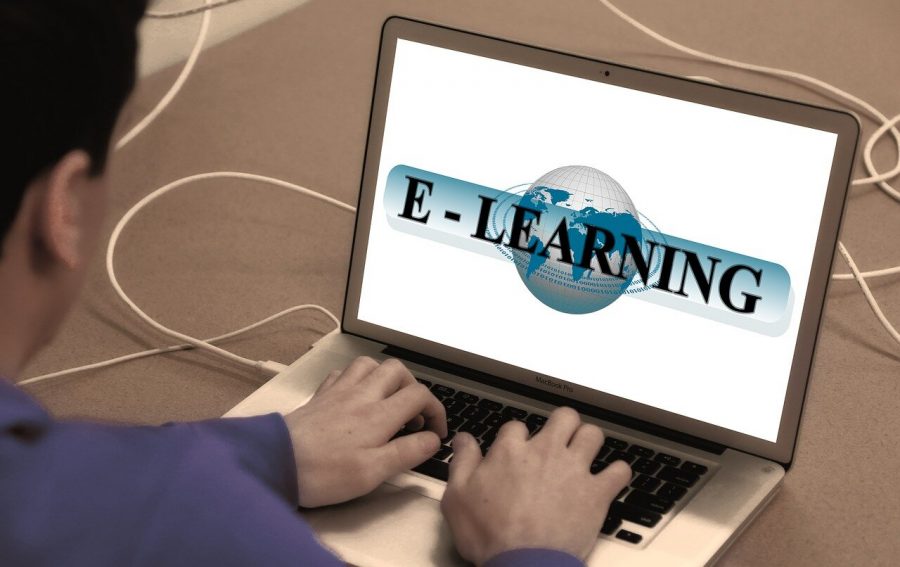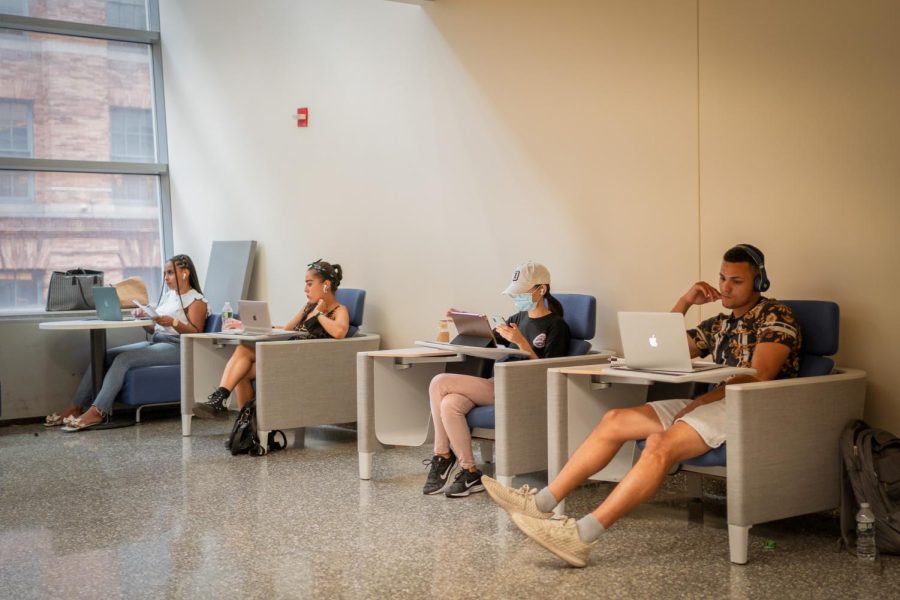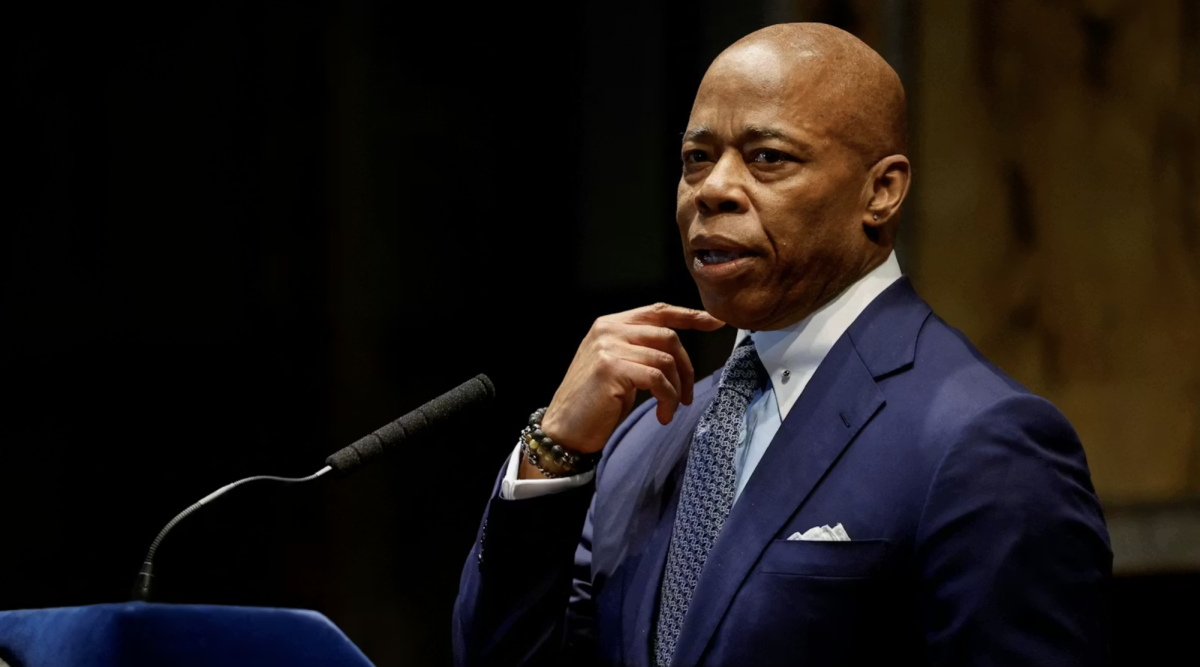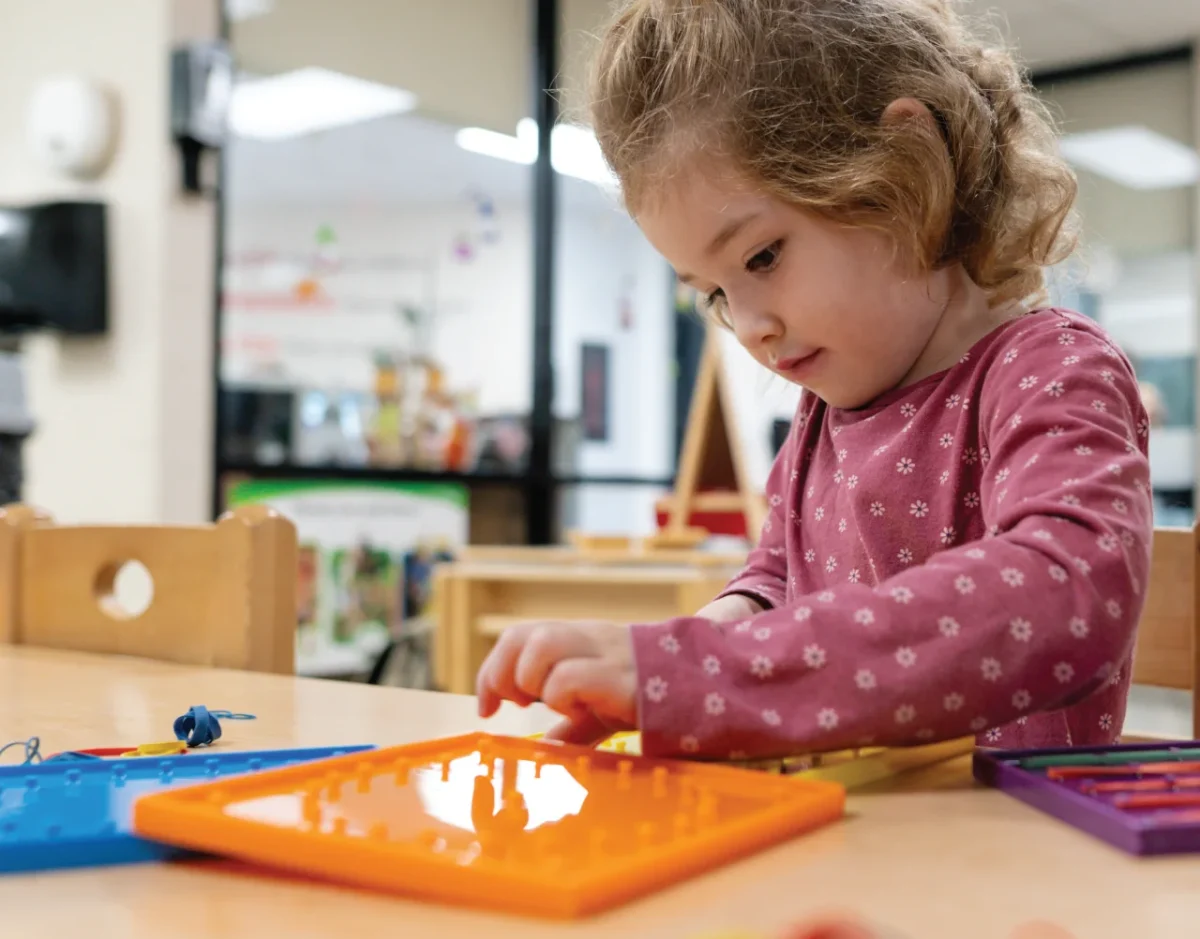In a COVID-19 time loop, it may seem monotonous to log into daily, unending Zoom meetings with muted mics and cameras off. Professors, however, have to navigate among several black Zoom boxes with students sitting behind their muted computer screens through a lecture they spent hours planning on unpaid time.
Figuring out how to operate a fully remote class to provide an enriching educational experience, hoping students are engaged and actively learning, while simultaneously wondering whether their jobs would last through next semester is a daunting and exhausting cycle to repeat weekly.
It’s about time students take a break from demanding for what is missing from classes and instead become more empathetic toward professors.
Adjuncts are typically shrouded in a myth that they all have well-paying day jobs that allow them to teach as a hobby – but that could not be further from the truth.
Put succinctly, Kelsey Chatlosh, an adjunct professor at CUNY Brooklyn College stated that adjuncts are the “gig workers of academia.” They provide the same service of a full-time, tenured professor – without receiving the same respect, pay and benefits of one.
“Just 15% of adjuncts said they were able to comfortably cover basic expenses from month to month,” according to the report by the American Federation of Teachers that surveyed professors nationally, as reported by Inside Higher Ed some adjunct professors are living in poverty.
Not to mention, the major CUNY adjunct professor layoffs caused many to not only lose their jobs, but to also lose their health insurance – in the middle of a pandemic.
“Fewer than half of the respondents have access to employer-provided health care. Just 54% of respondents have access to some paid sick leave, while just 17% have paid family leave and 14% have paid parental leave,” the American Federation of Teachers website says.
Trying to live on just $25,000 a year just can’t be done.
These layoffs have directly affected students as well. It resulted in a decrease in the number of classes offered and an increase in class sizes for CUNY students, thus providing fewer schedule options.
This makes it harder for students to graduate and allows less individual attention from teachers. As if being responsible for 104 students’ education completely remote wasn’t stressful enough, some professors must learn to adapt to not only how to provide a good education for their students, but also balance online learning for their children.
Older professors who have been working for CUNY were also thrown curve balls. Many professors relied on older and traditional technology, or none at all to run their classes.
Once everyone was told to stay home, many professors struggled to make the switch to online learning since they weren’t used to incorporating technology into their courses.
Several tenured professors who didn’t know the proper resources to run their classes were faced with a difficult spring 2020 semester and decided they cannot continue teaching online in the fall.
Specifically, Baruch College’s notorious Fine and Performing Arts Administration introductory course instructor, Joan Darragh, decided to retire once the semester ended.
Aside from adjuncts facing the harsh reality of COVID-19, older professors were pushed out of the field, which also impacted students who anticipated learning from the minds of vastly experienced and established professors.
Nevertheless, online learning also allowed students to step up their game and work with professors. Professors are dealing with the pandemic in their own ways and students who are technologically savvy could be offering aid to their professors in order for them to provide effective lectures through online resources.
When music classes became online, several students in an arts class stepped up to create listening playlists on Spotify containing all of the songs normally listened to in a classroom setting.
This way the professors could still have effective outreach to their students using the tools students are used to. If it wasn’t for the help of some students, this would’ve been an untapped resource.
Now that the spring semester will also be online, this is yet another opportunity for students and professors to work together during this time rather than on opposite ends of a battle.
At the end of the day jobs, health and genuine education are at stake, it’s better to face these obstacles united.







